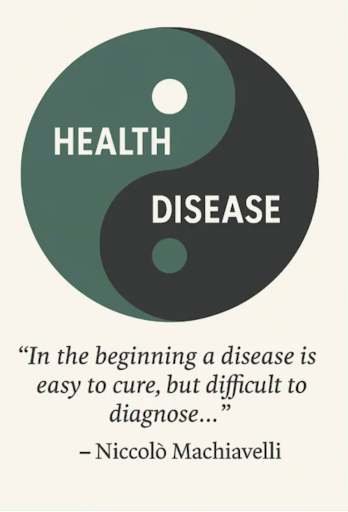How to prevent holiday weight gain
- laurenlin8
- Dec 12, 2012
- 3 min read
Updated: Mar 5, 2024

A little holiday weight gain may not seem too bad, if you plan to lose the extra pounds after New Year’s. In reality, most Americans never lose the weight they gain during the winter holiday season. But there are ways to avoid the accumulation of extra pounds, including portion control, sticking to your normal eating habits, sustaining a normal exercise routine, and staying alert during holiday gatherings to avoid overeating.
When it comes to portion control, you don’t need to feel like you must avoid foods that you enjoy during the holidays. Instead of completely limiting yourself, focus on eating holiday treats and foods you enjoy in a small, moderate amount. Of course, it takes self-control to not overdo on consuming numerous small portions of chocolate cake and frosted sugar cookies. If you are invited to a buffet-style dinner, use the smallest plate available and avoid stacking a large mound of food on your plate.
People who are successful at losing or maintaining a healthy weight stick to regular eating habits and exercise during the holidays. Researchers have observed that individuals who are more focused on a healthy weight do not get off track from their diet and pay more attention to their weight and eating habits during this time. You can also make exercise a family activity by going for a walk before or after your holiday meal. Tag football, sledding, snowball fights, and other winter outdoor activities can be great ways to bring your family and friends together while you burn calories. If you live in an apartment building, take the stairs rather than the elevator. However, don’t use exercise as an excuse to double your food intake.
Plan ahead as you attend holiday gatherings. Make sure you eat throughout the day and are not starving once you arrive to the party. You are more likely to overeat if you are famished. Plus, eating every four hours can support the metabolism.
Remember that there is more to a holiday party than food and drinks. Social gatherings provide more time for interaction with family and friends. Plus, conversation can be a good diversion from eating more food.
In addition to weight gain, lifestyle factors that are temporarily offset during the holidays can be unhealthy for your heart. Termed by some researchers as a “holiday phenomenon”, long traveling time, an unhealthy diet, overeating, excessive salt and alcohol intake, and stress during the holidays have been associated with cardiovascular events. This is another reason to stick with a healthy diet, exercise, and lifestyle through the winter season.
Do not treat the holidays as a time to let go of all inhibitions, but enjoy the holiday season with energy and health by maintaining the healthy lifestyle you uphold during the rest of the year. References: Ekmekcioglu C, Touitou Y. Chronobiological aspects of food intake and metabolism and their relevance on energy balance and weight regulation. Obes Rev. 2011 Jan;12(1):14-25. Kloner RA. Natural and unnatural triggers of myocardial infarction. Prog Cardiovasc Dis. 2006 Jan-Feb;48(4):285-300. Lippi G, Franchini M, Favaloro EJ. Holiday thrombosis. Semin Thromb Hemost. 2011 Nov;37(8):869-74. Phelan S, Wing RR, Raynor HA, et al. Holiday weight management by successful weight losers and normal weight individuals. J Consult Clin Psychol. 2008 Jun;76(3):442-448. Roberts SB, Mayer J. Holiday weight gain: fact or fiction? Nutr Rev. 2000 Dec;58(12):378-379. Yanovski JA, Yanovski SZ, Sovik KN, et al. A prospective study of holiday weight gain. N Engl J Med. 2000 Mar 23;342(12):861-867.




Comments